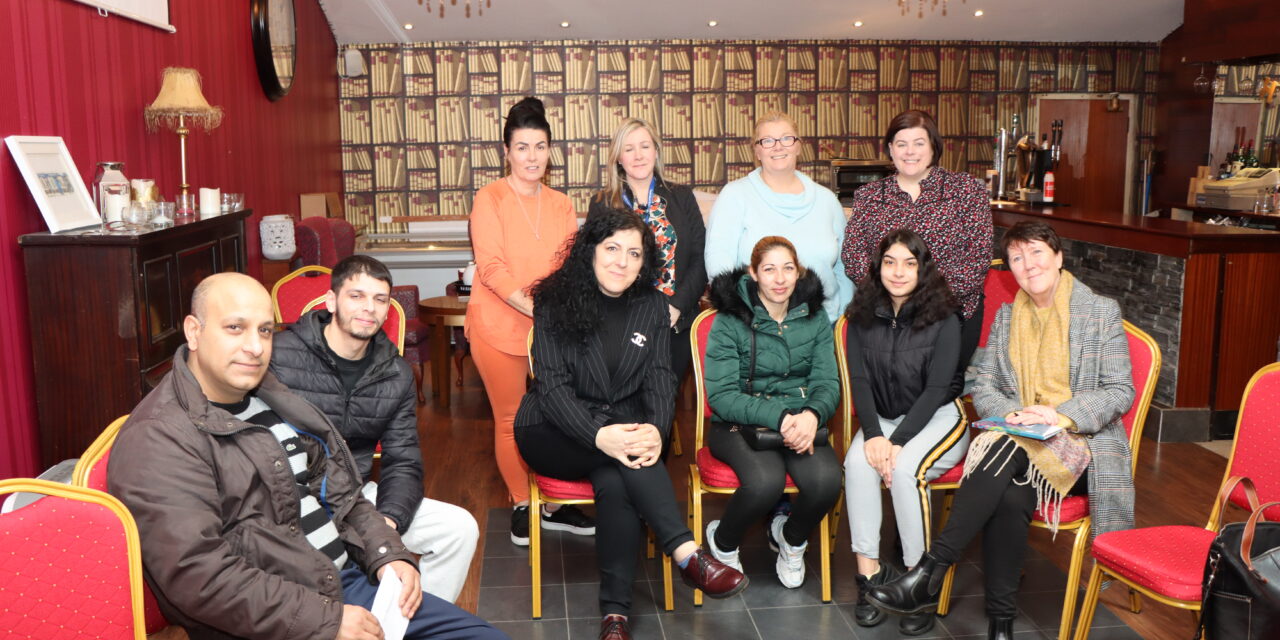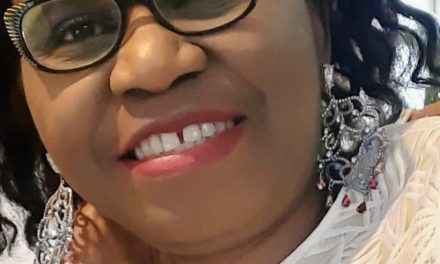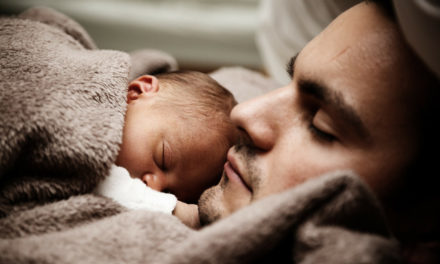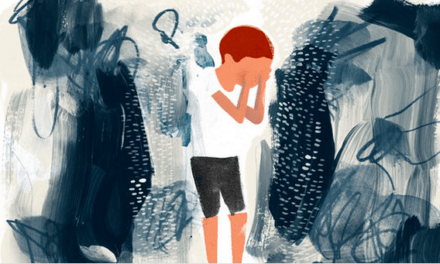“We’re building very good practices”, says Cavan Cultural Champion. The project has already spread from Monaghan to Cavan. It is backed by two local
development companies and Tusla.
A network of Cultural Champions in Cavan and Monaghan, who speak more than 20 languages between them, are working with the child and family agency Tusla and others to reach out to people new to Ireland.
In these two counties, Cultural Champions from countries in Eastern Europe, the Middle East, Africa and Asia now help to bridge the gap between newcomers here and service providers.
The work (see opposite page) involves showing families how to access supports and services available to them and their children, and providing a translation service.
One of the project’s aims is to ensure early interventions are made with vulnerable families to help prevent family breakdown and reduce the number of children being taken into care.
The project began in Monaghan in 2018 after Monaghan Integrated Development became aware of issues, while conducting work under the Social Inclusion and Community Activation Programme with Fáilte Isteach and Tusla.
The project has since been established in Cavan, where there are now more than 20 Cultural Champions. It is supported by Cavan County Local Development and also has the backing of Cavan Cross Cultural Community (4C), an association that works to promote interest in multicultural development.
Champions are garda vetted and given training in parenting, child protection and advocacy through Cavan Monaghan Education and Training Board and Tusla. Each cultural champion is urged to establish support groups within their respective ethnic communities. They are paid an hourly rate for the work.
The project has received much praise from state agencies and other services and has produced tangible results. Tusla has said: “The work the cultural champions do helps keep families together. We know that in some cases some children may have ended up in foster care system but the work Cultural Champions has done has helped those families to stay together.”
Tearmann Domestic Violence Service in Cavan are on the record saying how the cultural champions assisted domestic abuse survivors in making formal complaints in a number of cases that came before the courts.
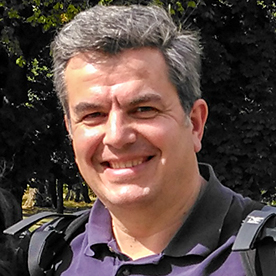
– Cavan Cultural Champion Tinko Tinev
Tinko Tinev is a cultural champion in Cavan. Originally from Bulgaria, he lived in several countries during his youth, including Ethiopia and Iraq, due to his parents’ diplomatic work. He says this exposure to new cultures at a young age helped him to “break down stereotypes”.
Happily for Tinko, his experience of moving to Ireland was very positive. He said: “I didn’t just feel welcome, I felt at home. I don’t know what it is. Ireland just made a lot of sense very quickly.”
Social issues
Since becoming one of Cavan’s 20 part-time cultural champions, Tinko has mainly worked with members of the Roma community from his native Bulgaria. The project he works for is backed by Tusla and Cavan County Local Development.
“The cultural champions project helped us prepare, as representatives of our communities, to deal with the social issues. I set up small groups with the Bulgarian Roma. They are very underprivileged in my country, and many of them have very poor education. The list of needs they have, it’s just unbelievable,” he said.
The work the cultural champions do is not just limited to translation and linking people with services. For instance, they have often helped families to acquire basic food items and furniture for their homes.
Good practice
Tinko believes the project is the missing link between the services and the people who need them. “The social welfare services, they’re very institutional. They’re limited in how they can approach service users. And we are not; we are there and assessing the needs and reporting the needs, most of the time this is missing. We’re building very good practices, this could be multiplied in different areas.”
Tinko also teaches English classes as he believes the lack of English is the biggest challenge facing the Bulgarian Roma. He remarked: “They can’t function in the community for such basic things. If they had basic English that they would be able to manage 90 per cent of what they’re calling me for.”
“They don’t go shopping. They don’t have a social life. They don’t go anywhere because their funds are so limited. They’re barely surviving. They don’t get social welfare. Many of them don’t get even child benefit.
“It’s just astonishing when you look at them and you realise the amount of services they should be getting, and they’re not,” revealed Tinko.
“When you’re with limited income, living isolated, you feel like you’re not really at home here. And now all these people from the HSE and the social welfare, they’re coming to our meetings, and talking to them and assessing their needs. It’s a huge confidence boost. Some of the families have qualified for a family income supplement. And suddenly it makes a huge difference to have that extra bit of income.”
“If you live in isolation, like the Roma community, they would never meet HSE representatives on their own, and the HSE would never even find their needs,” he said.
Integration
Does the project also provide a way to encourage integration between locals and new communities? Tinko says that aspect “is not a target”, but happens naturally as families benefit from the extra supports.
Tinko is a long-serving member of the board of the Cavan Cross Cultural Community (4Cs), which incorporates more than 108 nationalities, and oversees work by him and the other cultural champions in the county.
“With the 4Cs, we showcase the migrant community to the local community with different events; through food, song and dance, and doing presentations in schools. So in the minds of local people, we’re not people that came to eat the bread or steal the money of the Irish people. Everyone is here just to work and pay taxes like everyone else,” he explained.
“Every nationality is kind of locked within its own group. Taking them out from their comfort zone and bringing them to an international event, and inviting Irish politicians and Irish community groups (so they are) facing each other and trying each other’s food and trying the dances – it kind of melts things. You know each other afterwards. It’s easy to respect a person, instead of an unknown group of people.”

